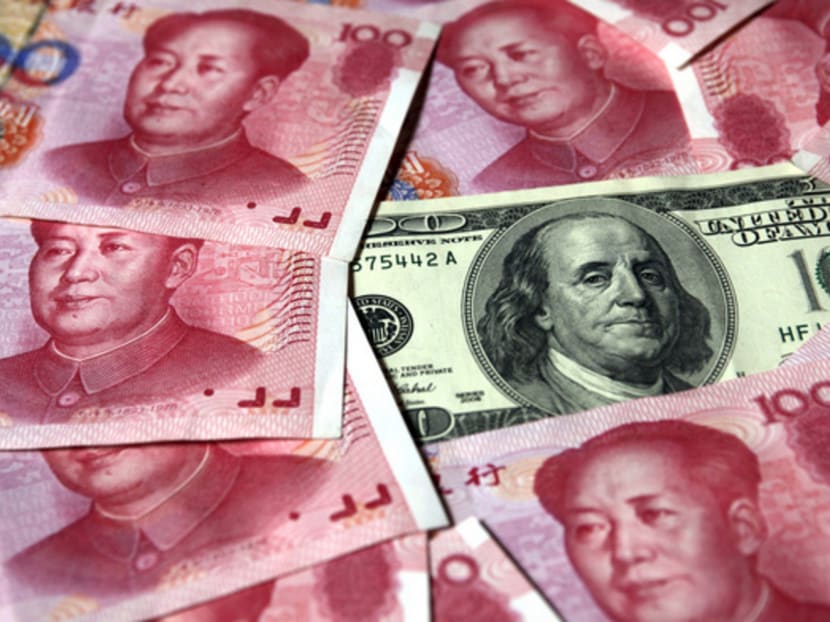China opens onshore currency market to foreign central banks
BEIJING — China will open its domestic foreign-exchange market to overseas central banks, making it easier for other nations to hold yuan assets as Asia’s biggest economy pushes for the currency to win reserve status at the International Monetary Fund (IMF).

Wider use of the yuan would encourage sales of Chinese goods abroad, economists say. Photo: Reuters
BEIJING — China will open its domestic foreign-exchange market to overseas central banks, making it easier for other nations to hold yuan assets as Asia’s biggest economy pushes for the currency to win reserve status at the International Monetary Fund (IMF).
Speaking at a business conference, Premier Li Keqiang gave no timeframe for the change or details of what foreign institutions would be allowed to do. The move follows Beijing’s decision in March to allow some foreign investors into the market in which its state-owned banks trade bonds.
“Not long ago, we allowed foreign central banks to participate in the interbank bond market,” Mr Li said at the World Economic Forum in the eastern city of Dalian. “The next step is to allow foreign central banks to directly participate in the interbank foreign-exchange market. Before the end of this year, we will complete the cross-border yuan payment system that facilitates the development of the offshore yuan market.”
Beijing controls the yuan’s exchange rate and limits movement of money in and out of China, but has been encouraging use of its yuan abroad, mostly for trade. Wider use of the yuan would reduce costs for China’s traders and encourage sales of Chinese goods abroad, economists say. The central bank said its surprise Aug 11 devaluation of the yuan, which rattled global financial markets, was part of efforts to make the exchange rate more market-oriented.
The country will keep the yuan stable at a reasonable equilibrium level, Mr Li said yesterday. The nation does not want a currency war, he added.
Financial analysts said moves to make the yuan more market-oriented also are part of Chinese efforts to win acceptance for the yuan as part of the basket of currencies used by the IMF to set the value of its internal currency, known as Special Drawing Rights.
The IMF staff recommended last month that China wait until at least October 2016 to be added to the basket that includes the dollar, yen, euro and pound. The fund’s board is due to consider that recommendation in October. A key indicator used to determine qualification is a currency’s share of official reserves, and the yuan ranked seventh last year, behind the four SDR members, as well as the Australian and Canadian dollars, according to the IMF. The Chinese currency’s share was 1.1 per cent, compared with 63.7 per cent for the US dollar.
More than 60 global central banks and sovereign wealth funds have invested in yuan-denominated assets, with combined holdings of about US$70 billion (S$99 billion) to US$120 billion, Standard Chartered estimated in a report in May.
“The participation of foreign central banks will make the onshore yuan’s exchange rate more globally recognised,” said Mr Banny Lam, the co-head of research at Agricultural Bank of China International Securities in Hong Kong. “Allowing direct access gives the central banks more flexibility and control over costs, compared with going through local banks for trades. In general, it’s a positive move for yuan internationalisation.”
The yuan slid 2.6 per cent in August, the most in two decades, as the central bank devalued the currency and said it was adopting a more market-based methodology.
The currency closed little changed in Shanghai at 6.3772. The offshore yuan strengthened 1 per cent to 6.4013 a dollar as of 6pm in Hong Kong, poised for the biggest one-day advance since offshore trading began five years ago, according to data compiled by Bloomberg. Agencies





